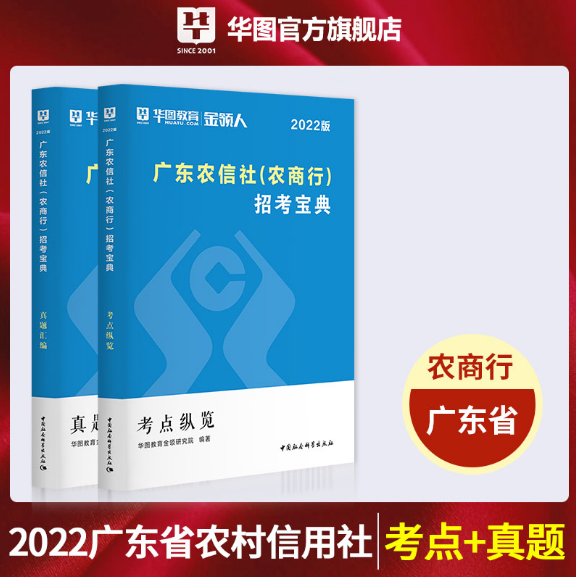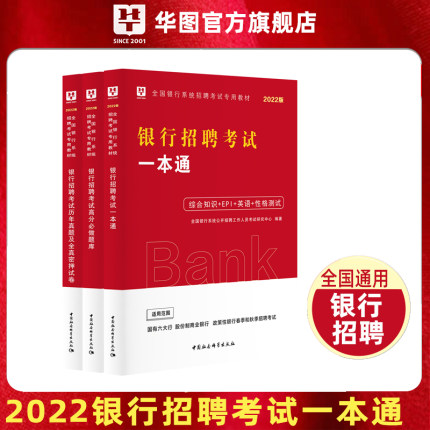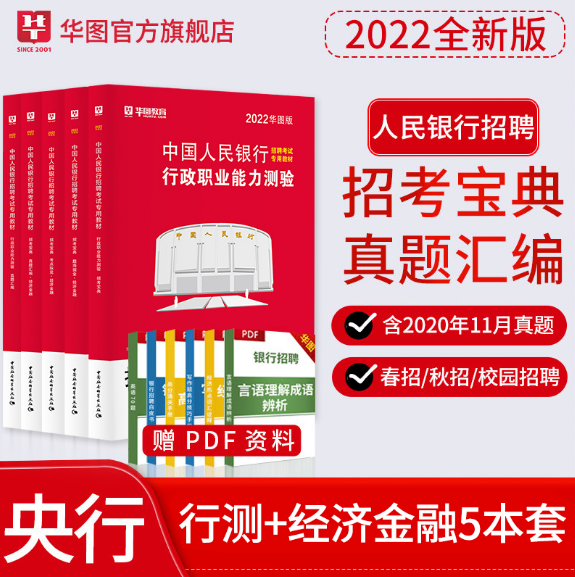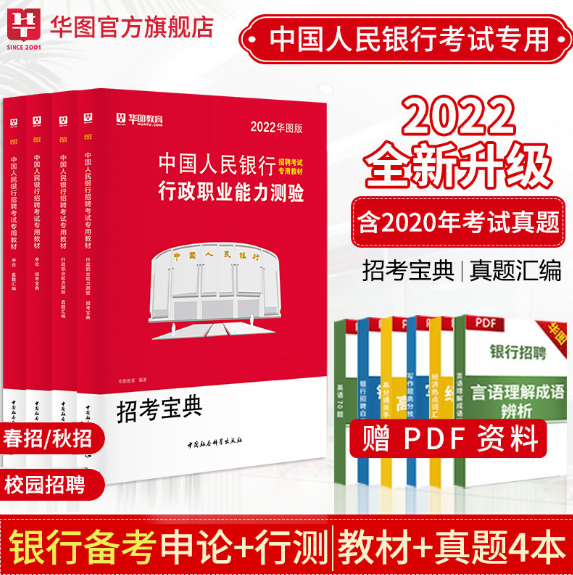2018年建设银行秋招英语模拟试题-阅读理解(一)
2018-08-13 11:02 广东人事考试网 来源:广东银行考试网 


广东银行考试网提供以下银行考试题库信息:2018年建设银行秋招英语模拟试题-阅读理解(一),更多关于建设银行秋招英语试题,银行招聘考试,银行考试题库的内容,请关注广东银行考试网/广东人事考试网!
第一部分 英语
Reading Comprehension
Directions:
Read the following threetexts. Answer the questions below each text by choosing A, B, C or D. Mark your answers.
Passage 1
Could the bad old days of economic decline be about to return? Since OPEC agreed to supply-cuts in March, the price of crude oil has jumped to almost $26 a barrel, up from less than $10 last December. This near-tripling of oil prices calls up scary memories of the 1973 oil shock, when prices quadrupled, and 1979-1980, when they also almost tripled. Both previous shocks resulted in double-digit inflation and global economic decline. So where are the headlines warning of gloom and doom this time?
The oil price was given another push up this week when Iraq suspended oil exports. Strengthening economic growth, at the same time as winter grips the northern hemisphere, could push the price higher still in the short term.
Yet there are good reasons to expect the economic consequences now to be less severe than in the 1970s. In most countries the cost of crude oil now accounts for a smaller share of the price of petrol than it did in the 1970s. In Europe, taxes account for up to four-fifths of the retail price, so even quite big changes in the price of crude have a more muted effect on pump prices than in the past.
Rich economies are also less dependent on oil than they were, and so less sensitive to swings in the oil price. Energy conservation, a shift to other fuels and a decline in the importance of heavy, energy-intensive industries have reduced oil consumption. Software, consultancy and mobile telephones use far less oil than steel or car production. For each dollar of GDP (in constant prices) rich economies now use nearly 50% less oil than in 1973. The OECD estimates in its latest Economic Outlook that, if oil prices averaged $22 a barrel for a full year, compared with $13 in 1998, this would increase the oil import bill in rich economies by only 0.25-0.5% of GDP. That is less than one-quarter of the income loss in 1974 or 1980. On the other hand, oil-importing emerging economies—to which heavy industry has shifted—have become more energy-intensive, and so could be more seriously squeezed.
One more reason not to lose sleep over the rise in oil prices is that, unlike the rises in the 1970s, it has not occurred against the background of general commodity-price inflation and global excess demand. A sizable portion of the world is only just emerging from economic decline. The Economist’s commodity price index is broadly unchanging from a year ago. In 1973 commodity prices jumped by 70%, and in 1979 by almost 30%.
1.The main reason for the latest rise of oil price is( ).
A. global inflation.?
B. reduction in supply.
C. fast growth in economy.?
D. Iraq’s suspension of exports.
2.It can be inferred from the text that the retail price of petrol will go up dramatically if( ).
A. price of crude rises.
B. commodity prices rise.
C. consumption rises.
D. oil taxes rise.
3.The estimates in Economic Outlook show that in rich countries( ).
A. heavy industry becomes more energy-intensive.
B. income loss mainly results from fluctuating crude oil prices.
C. manufacturing industry has been seriously squeezed.
D. oil price changes have no significant impact on GDP.
4.We can draw a conclusion from the text that( ).
A. oil-price shocks are less shocking now.
B. inflation seems irrelevant to oil-price shocks.
C. energy conservation can keep down the oil prices.
D. the price rise of crude leads to the shrinking of heavy industry.
5.From the text we can see that the writer seems( ).
A. optimistic.
B. sensitive.
C. gloomy.
D. scared.
答案及解析在下一页
关键词阅读: 银行招聘考试 建设银行秋招英语试题
(编辑:广东华图)

线上微信客服

金融招考公众号











